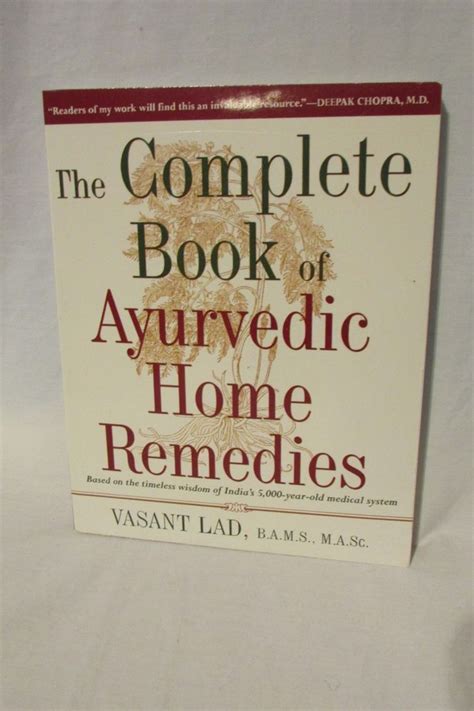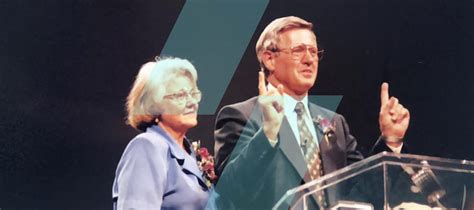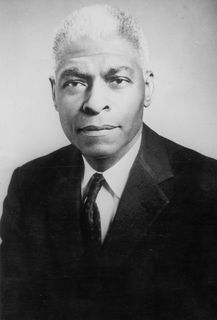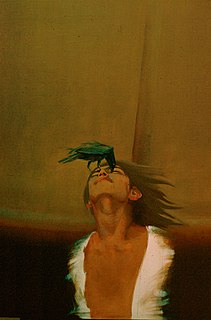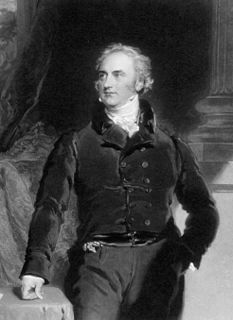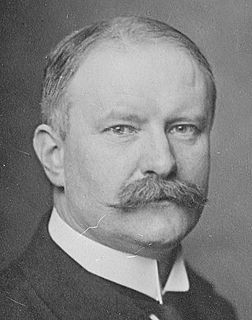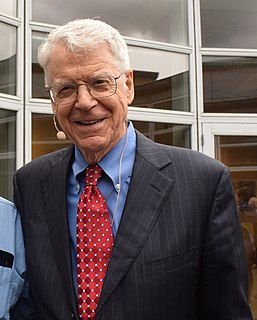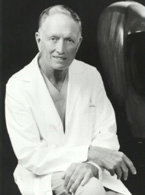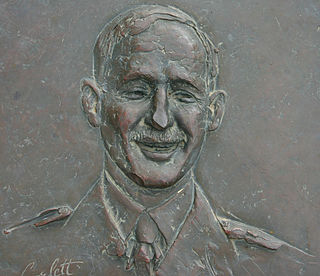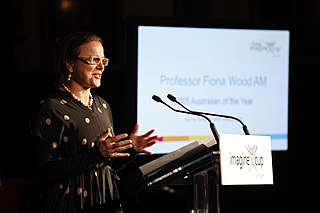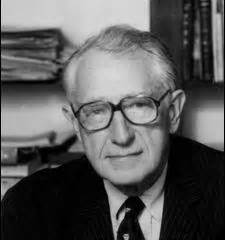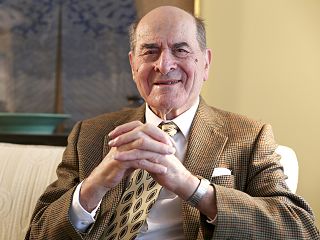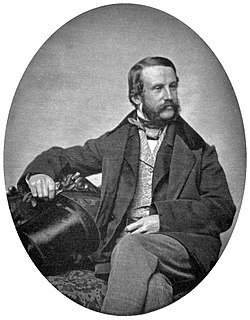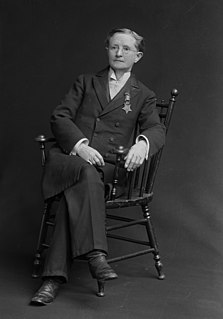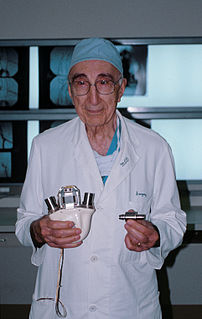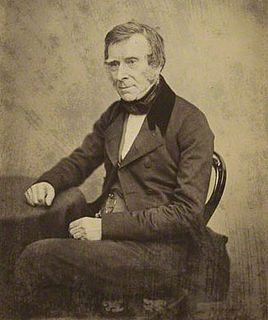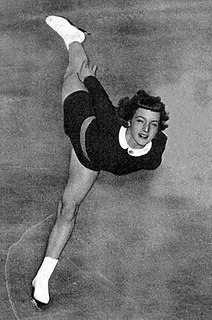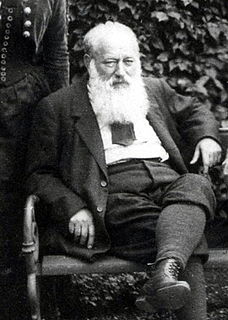A Quote by Philibert Joseph Roux
We distrust our heart too much, and our head not enough.
Related Quotes
The heart is a gate-less gate to divinity. Move to the heart. We are all hung up, stuck in the head - that is our problem. The only problem is that we think too much. There is only one solution - get down from the head to the heart. All your problems will disappear. Problems are created by the head. The heart is innocent. The heart is a fountain of love.
Now, brethren, this is one of our greatest faults in our Christian lives. We are allowing too many rivals of God. We actually have too many gods. We have too many irons in the fire. We have too much theology that we don't understand. We have too much churchly institutionalism. We have too much religion. Actually, I guess we just have too much of too much.
We drink too much, smoke too much, spend too recklessly, laugh too little, drive too fast, get too angry, stay up too late, get up too tired, read too little, watch tv too much. We have multiplied our possessions but reduced our values. We talk too much, love too seldom, and hate too often. We've learned how to make a living but not a life. We've added years to life, not life to years.
It behooves our citizens to be on their guard, to be firm in their principles, and full of confidence in themselves. We are able to preserve our self-government if we will but think so. - Thomas Jefferson Too much of our emphases and struggle has simply been in terms of confrontation and not enough recognition of how much spiritual, moral force is involved in the people who are struggling.
It is tempting to call for better leadership, but we probably expect too much from the leaders of the nations. Those nations are too big, the connections not strong enough, the commitment to the future not long enough. It is better to look smaller, to our now-smaller organisations, to local communities and cities, to families and clusters of friends, to small networks of portfolio people with time to give to something bigger than themselves. We have to fashion our own directions in our own places.
When we get out of highschool we'll look back and know we did everything right, that we kissed the cutest boys and went to the best parties, got in just enough trouble, listened to our music too loud, smoked too many cigarettes, and drank too much and laughed too much and listened too little, or not al all.
The human heart is the first home of democracy. It is where we embrace our questions: Can we be equitable? Can we be generous? Can we listen with our whole beings, not just our minds, and offer our attention rather than our opinion? And do we have enough resolve in our hearts to act courageously, relentlessly, without giving up, trusting our fellow citizens to join us in our determined pursuit-a living democracy?

